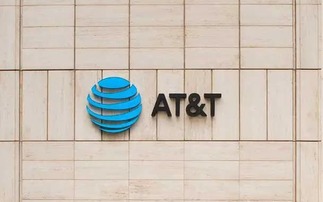Requirement could just be box-ticking exercise, according to report
The PCI DSS standard that major credit card companies such as Visa, MasterCard and American Express use to ensure that payments are secure is not enough to stop an attacker from retrieving card pay...
To continue reading this article...
Join Computing
- Unlimited access to real-time news, analysis and opinion from the technology industry
- Receive important and breaking news in our daily newsletter
- Be the first to hear about our events and awards programmes
- Join live member only interviews with IT leaders at the ‘IT Lounge’; your chance to ask your burning tech questions and have them answered
- Access to the Computing Delta hub providing market intelligence and research
- Receive our members-only newsletter with exclusive opinion pieces from senior IT Leaders





















